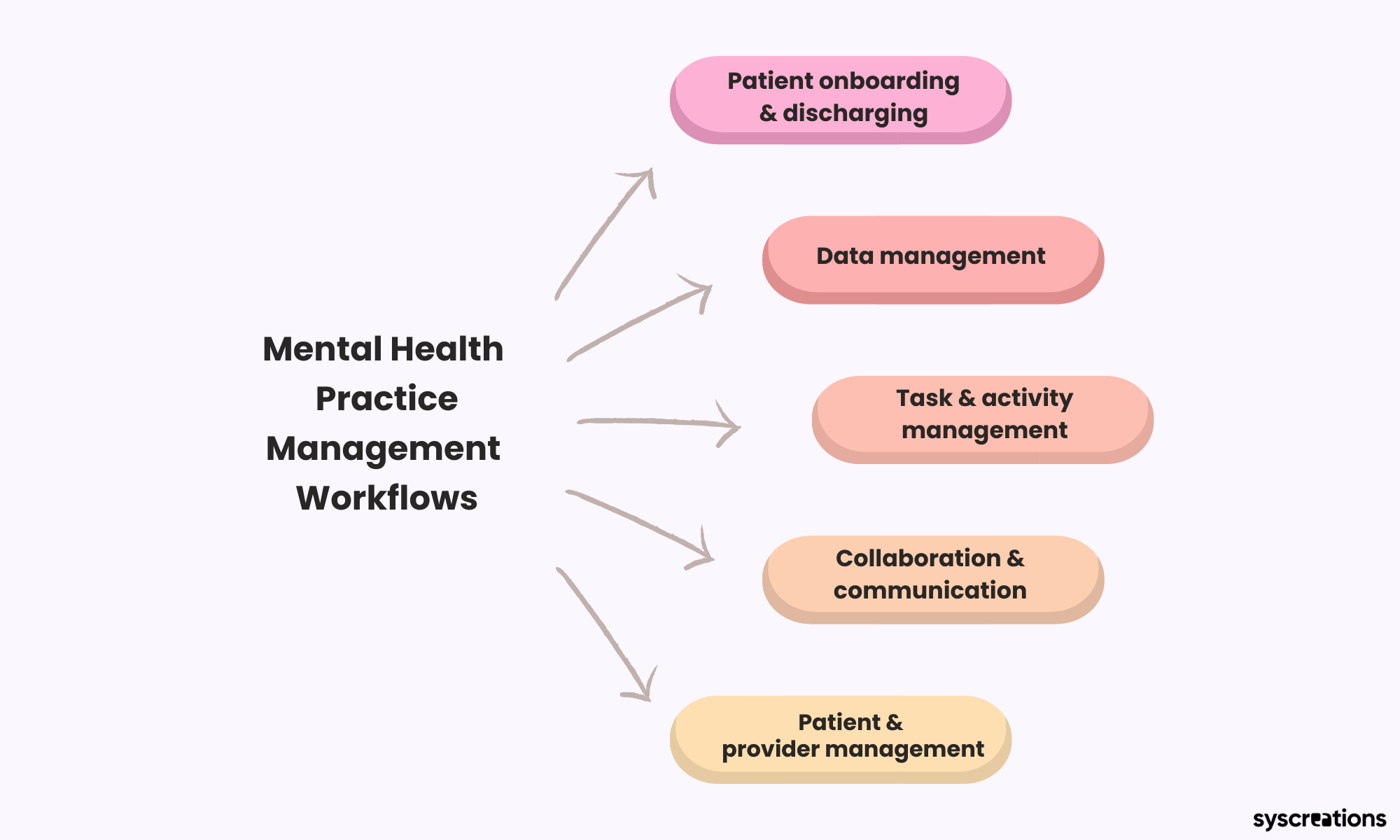In recent years, digital advancements has transformed many fields, and healthcare is among them. As technology continues to advance, medical professionals are increasingly utilizing tools for practice management to streamline their operations and improve care for patients. This advanced tool not only simplifies administrative tasks but further enables practices to be more productive, allowing healthcare professionals to focus on what truly matters—providing outstanding care.
Management tools serves as a vital instrument for medical practices, aiding in everything ranging from scheduling appointments and managing billing to patient record management. By automating routine processes and facilitating better communication, these applications play a key part in reducing administrative burdens. As a result, doctors and clinics can allocate more time to their patients and improve overall service, ultimately leading to superior health results and greater patient contentment. The integration of practice management solutions represents a significant step forward in the drive towards a more dynamic and efficient healthcare system.
Perks of Practice Management Solutions
Healthcare administration solutions enhances efficiency within medical practices by streamlining administrative tasks. By streamlining scheduling, billing, and patient communications, this software significantly diminishes the hours employees members on routine clerical tasks. This enables healthcare professionals to focus more on client treatment, eventually enhancing the overall experience for both clients and providers.
Additionally notable advantage is the enhancement in patient engagement and contentment. With healthcare management software, clients can view their health information, book visits, and communicate directly with their healthcare professionals via the internet. This encourages better dialogue and prompts clients to take a more active role in their medical management, which can lead to improved outcomes and higher client loyalty.

Moreover, practice administration solutions contributes to improved data handling and analytics. Medical providers can quickly track patient data, manage billing information, and assess practice efficiency through integrated analytics tools. This access to real-time data allows practices to take informed decisions, improve operations, and maintain compliance with regulations, ultimately leading to improved financial health for the practice as well as enhanced care for clients.
Key Features to Evaluate
When considering practice management software, seek out accessible interfaces that simplify tasks for both employees and clients. A control panel that provides easy access to patient records, appointments, and billing information can significantly enhance operational efficiency. Simple navigation helps reduce training time and allows healthcare providers to focus more on patient care rather than getting caught up in complex software processes.
Another important feature to consider is robust scheduling capabilities. The ability to manage appointments effectively can diminish no-show rates and improve patient satisfaction. medicloudmed.ch out software that offers scheduled reminders, a calendar view, and the flexibility to modify appointments easily. Adding a patient portal that enables patients to book and manage their appointments online can also optimize operations and improve the patient experience.
Finally, ensure the practice management software features comprehensive analytics and data analysis tools. These features provide essential insights into practice performance, enabling healthcare providers to make data-driven decisions. Reports on patient demographics, appointment trends, and financial metrics can assist in finding areas for improvement and making sure that the practice runs effectively.
Case Studies of Effective Adoption
One notable case of successful implementation of PMS can be seen at a medium-sized family clinic in CA. The clinic adopted a comprehensive software solution that streamlined appointment scheduling, invoicing, and patient records. Within the first several months, the clinic saw a twenty-five percent reduction in no-show appointments due to automated notifications sent to patients. This not only enhanced patient satisfaction but also boosted the overall revenue of the clinic as more patients attended their scheduled visits.
Another impactful case comes from a major hospital system in Texas, which combined practice management software into their existing electronic health record system. The integration allowed for instant data sharing across departments, resulting in improved coordination of care for patients with complex health needs. The hospital reported a 30 percent decrease in patient wait times and a fifteen percent increase in the rate of successful follow-ups after discharge. This enhanced the quality of care while improving the hospital's operational efficiency.
Lastly, a tiny pediatric office in New York adopted a cloud-based practice management software that featured telehealth capabilities. As a result, the practice adapted seamlessly during the pandemic, enabling them to keep on delivering care via telehealth visits. This flexibility brought in new patients and retained existing ones, leading to a forty % increase in patient engagement. The office experienced a significant boost in productivity as admin tasks became automated, freeing up staff to concentrate on patient care.
